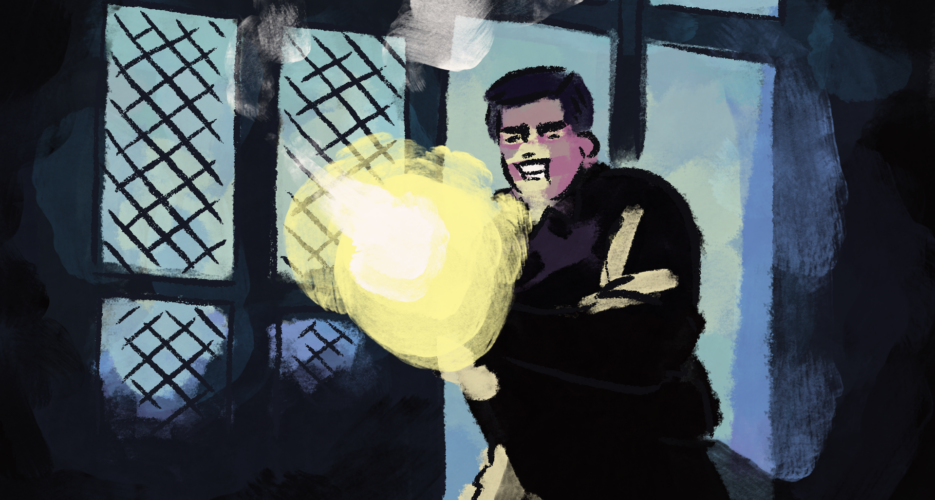About the Author
Andrea Valentino
Andrea Valentino is a journalist based in New York. His work has appeared in, among others, The Economist and The Independent. He occasionally tweets.

Get behind the headlines
|
Evergreen “Ten Zan”: the disastrous Italian action movie filmed entirely in North KoreaThe work of a struggling director and a movie-mad North Korean leader, "Ten Zan" is one of the strangest films ever made  More than the monumental gold statues, the peasant-doctors, or the old women toiling away with shovels as he passed, it was probably North Korea’s highway that bewildered Frank Zagarino most. The way that, in the stillness of the Pyongyang night, a streetcleaner would sweep the road and its empty lanes—and the next morning different workers would return, tidying the already spotless tarmac all over again. © Korea Risk Group. All rights reserved. |